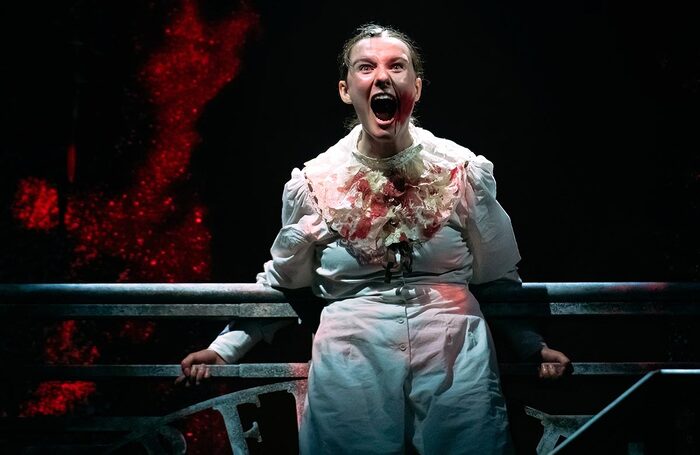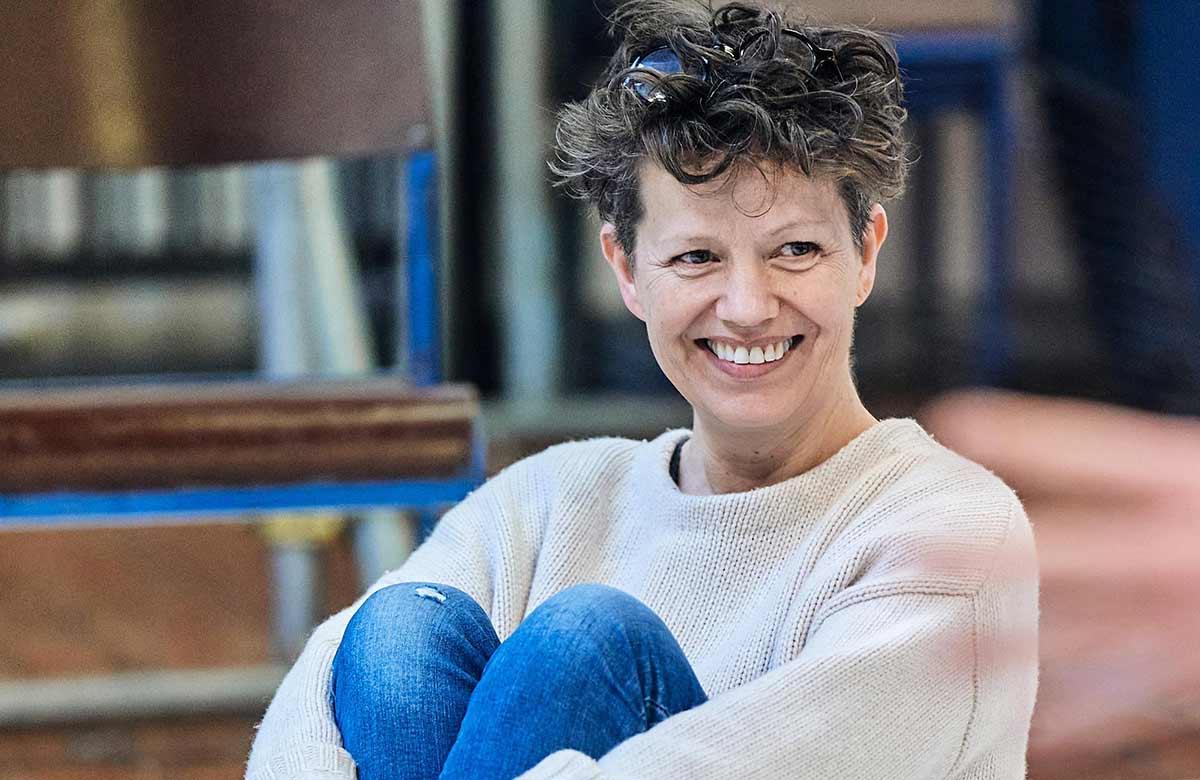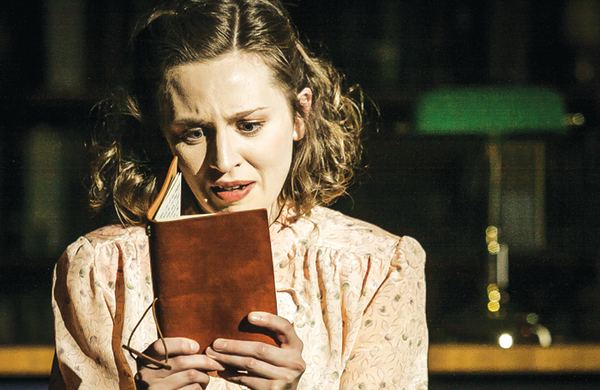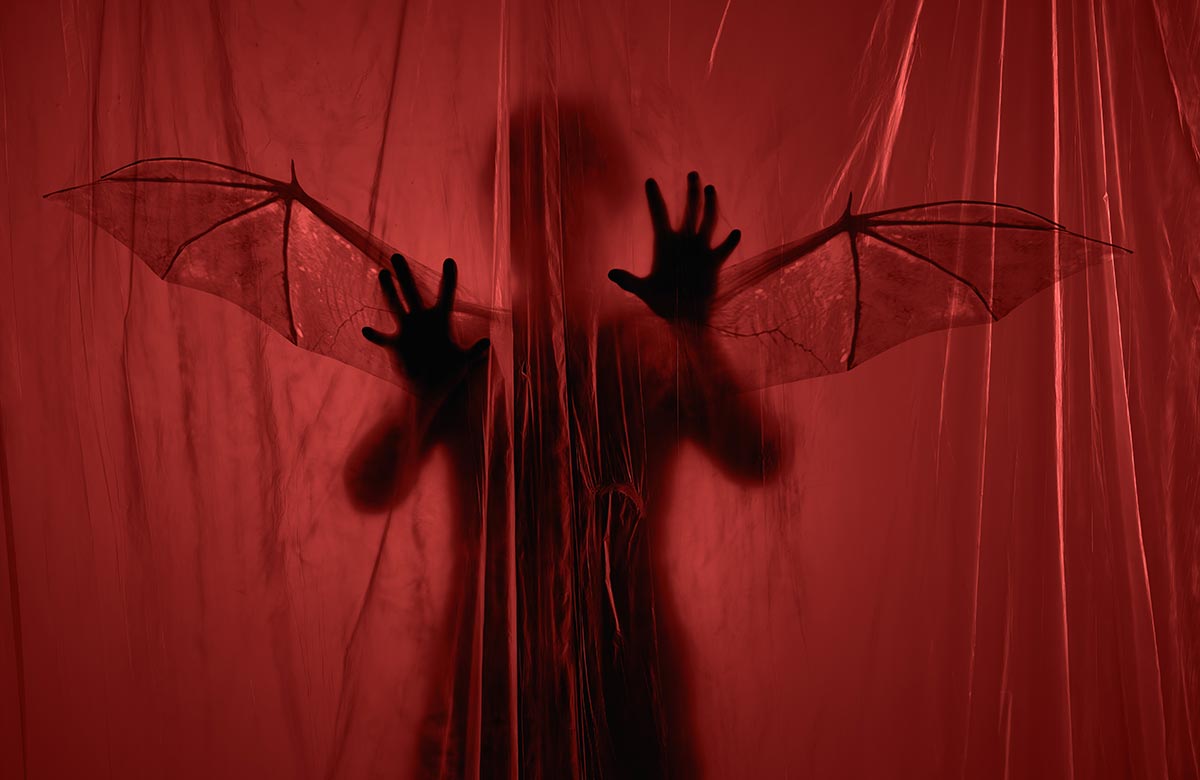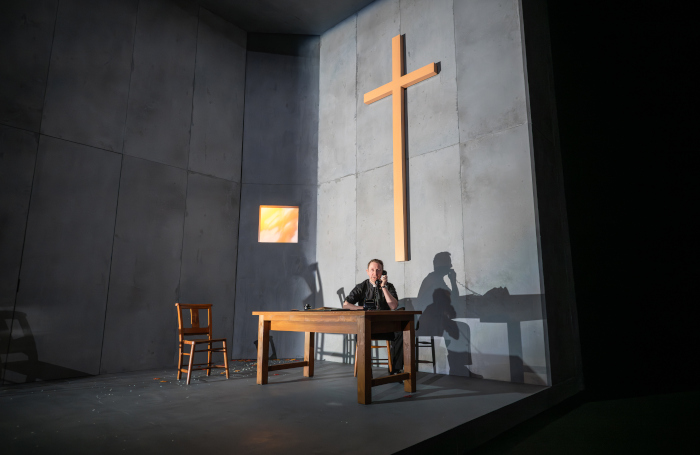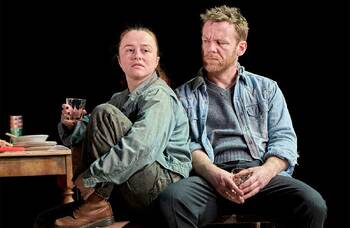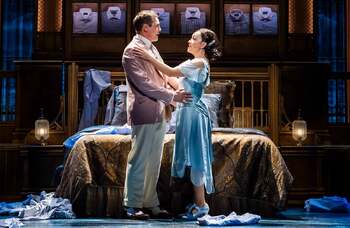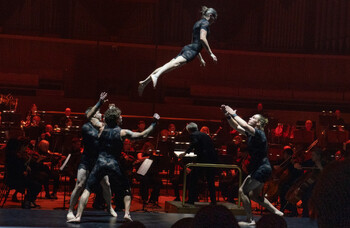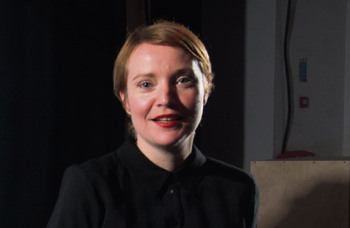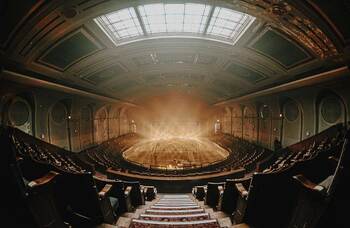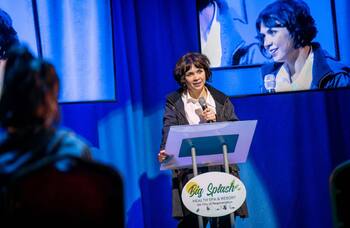Dracula: Mina's Reckoning review
New adaptation with an all-female and non-binary cast resets Bram Stoker’s classic in Aberdeen
In this new, National Theatre of Scotland-led adaptation of Bram Stoker’s famed novel, the action is transplanted from the English seaside town of Whitby to a Victorian asylum in Aberdeen. This serves multiple purposes: it’s a hat-tip to producing partners Aberdeen Performing Arts, and a reminder of Stoker’s own connection with Aberdeenshire.
During the 1890s and 1900s, Stoker was a frequent visitor to Cruden Bay on the Aberdeenshire coast, and at least part of his 1897 novel was written there. The imposing castles and stark coastal landscape of the area feasibly provided inspiration for the book’s settings. So this production is no mere excuse to shoehorn in a bit of local interest; it’s a reclamation of a piece of forgotten literary history.
The other distinguishing feature of this new version by Aberdeenshire playwright Morna Pearson (whose style of writing, in authentic but easily comprehensible Doric Scots, is present here) and director and co-creator Sally Cookson is that the cast is entirely female or non-binary. It’s a decision that works well, even with male characters such as the luckless Jonathan Harker (Catriona Faint) or the enigmatic Dracula himself (Liz Kettle, channelling Christopher Lee’s performance as the invasive predator, eyebrow raised in cosmic jest).
The casting also allows Pearson and Cookson to reframe the perceived subtext of Stoker’s novel in relation to sexual desire, transgression and temptation, exploring still-resonant attitudes towards Victorian women. Danielle Jam is an energetic Mina, who seems to be preoccupied less with her betrothed Harker than with her silent and unspeakable passion for Lucy Westenra (Ailsa Davidson), who is entranced and ultimately destroyed by Dracula.
Continues...
The lives of these women, and of the caged and misunderstood inmates of the asylum, are richly explored, while the male characters are avatars representing misogynistic attitudes: the comically mansplaining Van Helsing (Natalie Arle-Toyne); Lucy’s awful fiancée Dr Seward (Maggie Bain), who declares: “You can either grow a brain, or you can grow a baby – you cannot do both”; and Dracula himself, the arch-abuser.
Cookson’s staging is frankly incredible. The cast moves urgently, sometimes frantically, around designer Kenneth MacLeod’s mostly recycled assembly of industrial gangways, ladders and ramps, with its two imposing peaks of rock. Alongside Benji Bower’s stark, surging score of loud electronic stabs and sustains, Aideen Malone’s lighting design is outstanding. In the swirls of pale white light picking out every notch and crag, there is an eerie otherworldliness, while a psychedelic, multicoloured light-show projection emphasises a sense of mental and spiritual disorientation. Swift lighting changes also help deliver highly effective jump scares.
This is an impressive theatrical horror-thriller that offers much to think about beneath its surface.
More Reviews
More about this organisation
More Reviews
Recommended for you
Most Read
Across The Stage this weekYour subscription helps ensure our journalism can continue
Invest in The Stage today with a subscription starting at just £7.99
